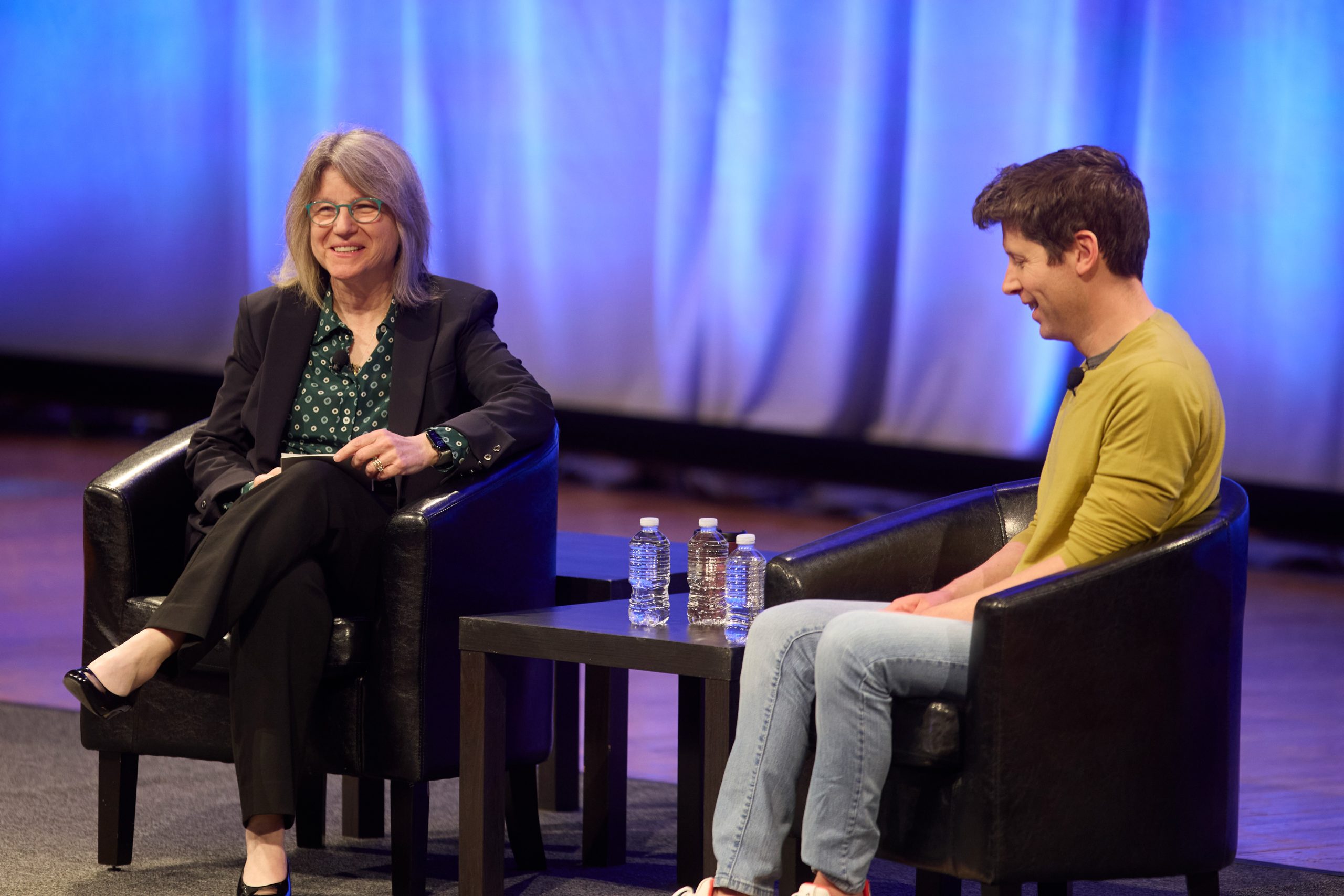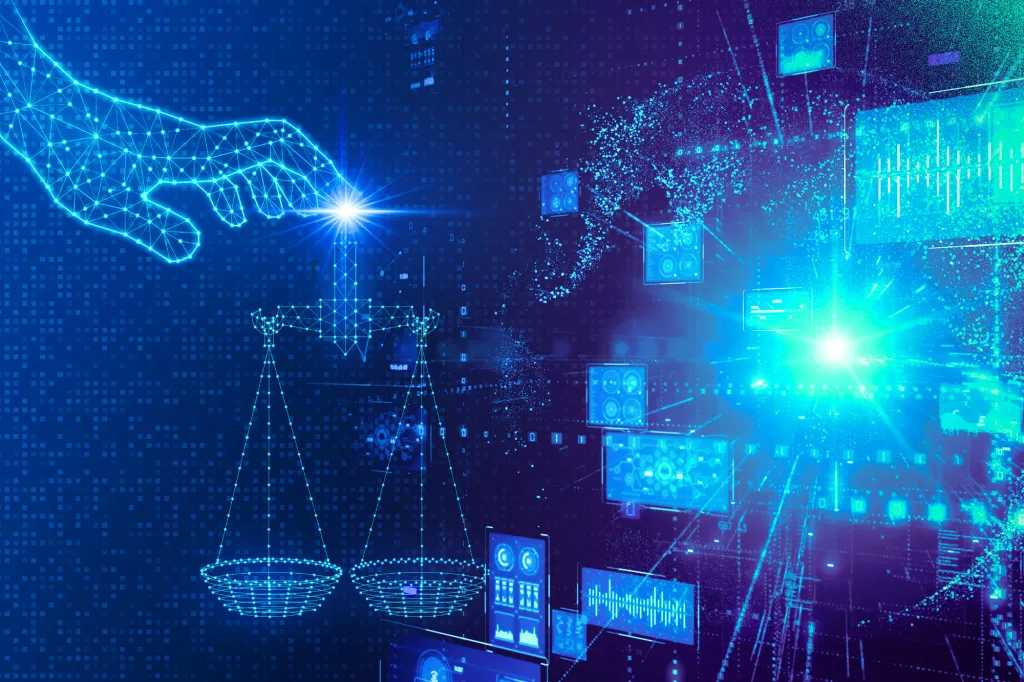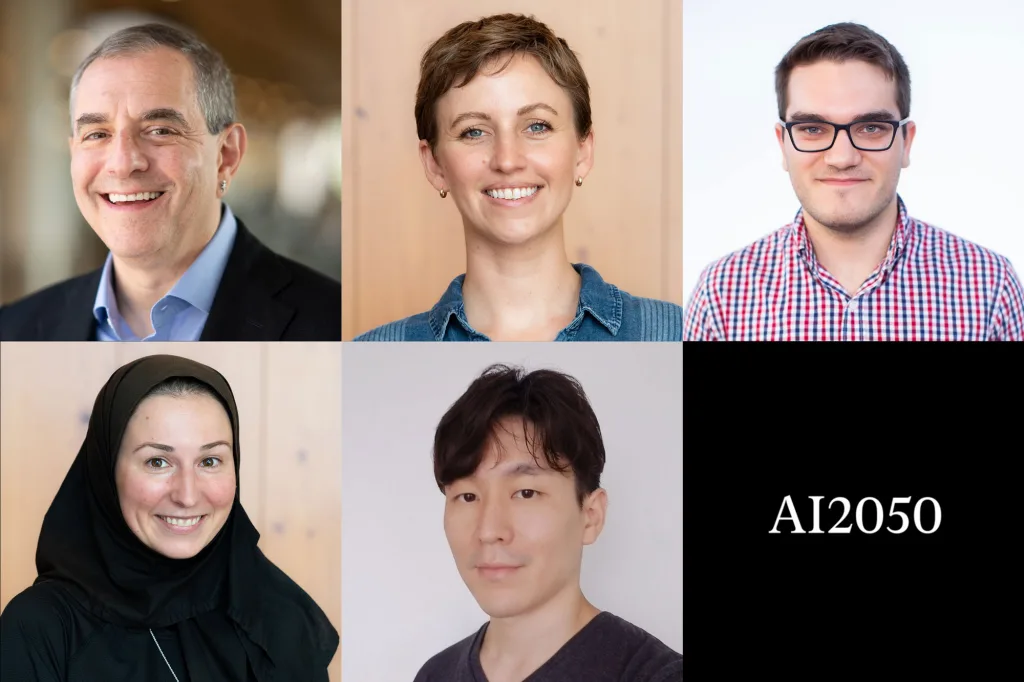The landscape of artificial intelligence (AI) is rapidly transforming, raising significant questions about its impact on work, education, and society at large. This topic was at the forefront of a dynamic discussion held at MIT on May 2, featuring MIT President Sally Kornbluth and OpenAI CEO Sam Altman.
The explosive success of OpenAI’s ChatGPT large language models has ignited unprecedented levels of investment and innovation in the AI sector. Launched in late 2022, ChatGPT-3.5 became the fastest-growing consumer software application ever, attracting hundreds of millions of users. OpenAI has since rolled out AI capabilities for generating images, audio, and videos, and has formed a strategic partnership with Microsoft.
During the event at the packed Kresge Auditorium, the palpable excitement surrounding AI was clear, with discussions focusing on the future’s innovation trajectory. “I think we all remember our first encounter with ChatGPT, thinking, ‘Wow, this is incredible!’,” Kornbluth remarked. “Now, we must explore what the next generation of AI will look like.”
Altman, on his side, relishes the high expectations surrounding his company and the industry as a whole. “It’s amazing that after two weeks of buzzing about ChatGPT-4, the following week, people were already asking, ‘Where’s GPT-5?’ That reflects something truly positive about human ambition and the motivation to improve,” Altman noted.
Addressing AI Challenges
At the start of their conversation, Kornbluth and Altman delved into the ethical dilemmas posed by artificial intelligence. “We’ve made surprisingly good strides in aligning systems with a set of values,” Altman asserted. “Despite common criticisms stating that these AI tools are unsafe and toxic, GPT-4 performs in ways that align more closely with our expectations than I had anticipated.”
However, Altman pointed out that consensus on the ideal behavior of AI systems is elusive, complicating the establishment of a universal ethical framework. “What values should an AI system embody? How do we set those parameters? Not everyone will use these tools responsibly, which is a reality we must confront. It’s critical to empower individuals with control, but certain activities should be off-limits for AI systems, and establishing those boundaries demands collective negotiation,” he explained.
Kornbluth added that eradicating bias within AI is a formidable challenge. “Can we create models that are less biased than we are as humans?” she questioned.
Privacy concerns surrounding the vast data required to train today’s large language models were also discussed. Altman acknowledged that society has been grappling with these issues since the internet’s inception, but AI’s complexities have raised the stakes. “How do we balance privacy, utility, and safety? Each individual will set their thresholds differently, and societal responses to letting AI systems draw from personal data require new navigational strategies,” he stated.
Regarding both privacy and energy efficiency in AI, Altman expressed optimism about forthcoming advancements. “Our goal with models such as GPT-5 or 6 is to create the best reasoning engine possible. Right now, we rely on massive data training, which is not the most efficient approach. I believe that in the future, we will find ways to separate reasoning capabilities from data storage needs, optimizing resource utilization,” he explained.
Kornbluth turned the conversation towards the implications of AI on employment, voicing her concerns about potential job displacement. “It frustrates me when AI developers claim there won’t be any job losses. Technological advancements inevitably transform jobs, leading to the elimination of some positions while creating new opportunities,” Altman stated candidly.
The Future of AI
Despite the challenges ahead, Altman is confident that the journey towards resolving AI-related issues will yield significant benefits. “If we use just 1 percent of the world’s energy to train a potent AI, and that AI accelerates our transition to non-carbon energy solutions or enhances deep carbon capture technologies, that would be a monumental achievement,” he declared.
Notably, Altman has a keen interest in AI’s role in scientific discovery. “Scientific progress is the cornerstone of human advancement and drives sustainable economic growth. People aren’t satisfied with GPT-4; they want continuous improvements,” he emphasized. “Science is how we achieve better lives.”
Kornbluth also inquired about Altman’s advice for students as they plan their careers. He encouraged them to embrace a broad mindset. “The critical lesson to grasp early is that you can learn to navigate any challenge, especially since no one holds all the answers right from the start. Move quickly, engage with compelling problems, and surround yourself with inspiring individuals; the key is to trust in your ability to adapt,” he advised.
Altman’s message extended beyond career guidance, encompassing a call for optimism and proactive societal engagement. “It’s troubling how we’re leading young people to believe that the world is hopeless. Instead, we must promote the message of progress, abundance, and creating a better future for ourselves and generations to come. This anti-progress mindset is something we must all work against,” he concluded.
Photo credit & article inspired by: Massachusetts Institute of Technology



